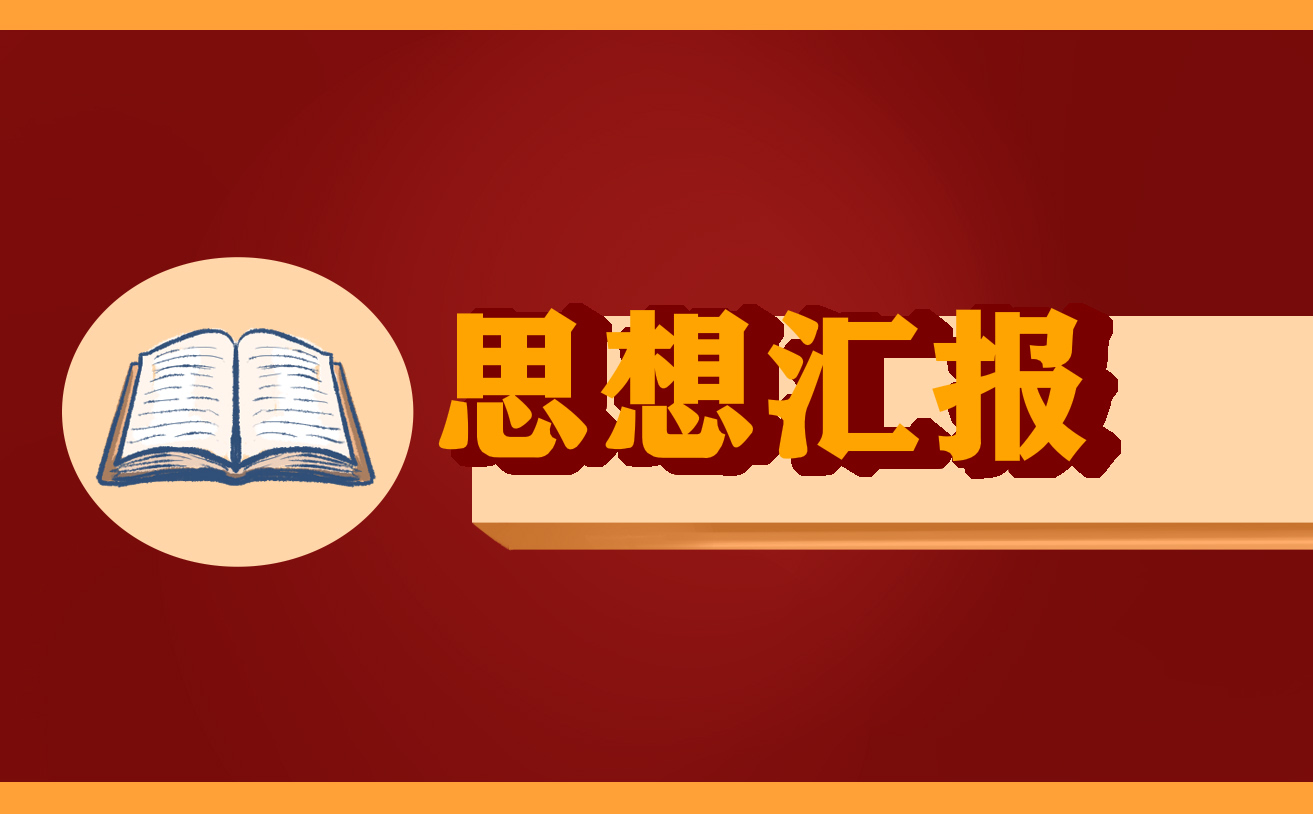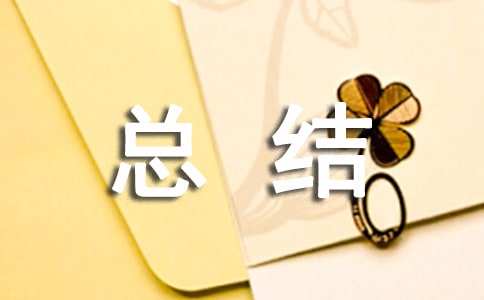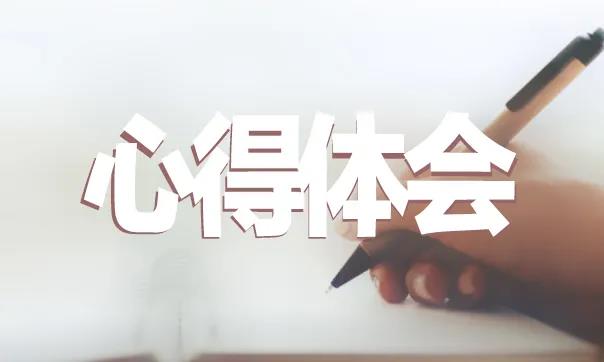英语是世界上使用最广泛的语言,其人口仅次于汉语。英语很重要,但是我们怎样才能学好英语呢?下面是小编为大家整理的有关英语八年级下册知识点最新归纳,希望对你们有帮助!英语八年级下册知识点最新归纳1Hesa下面是小编为大家整理的2023年初中英语八年级下册知识点归纳(全文),供大家参考。

英语是世界上使用最广泛的语言,其人口仅次于汉语。英语很重要,但是我们怎样才能学好英语呢?下面是小编为大家整理的有关英语八年级下册知识点最新归纳,希望对你们有帮助!
英语八年级下册知识点最新归纳1
He said I was hard-working.
重点语法:宾语从句
结构:主语 + 谓语动词 + 宾语从句(主语 + 谓语动词 + 宾语/表语)
例句:----Im good at English. He says. (改为加宾语从句的复合句)
----He says Im good at English.
注意:①主句是一般现在时态,宾语从句的时态不受其影响。
例句:He says Im good at English now.
He says I was good at mathematics when I was young.
②主句是过去时态,宾语从句也要用过去时态。
例句:He said I was good at mathematics when I was young yesterday.
He said I was good at English now yesterday.
③宾语从句是客观真理时永远用一般现在时态。
例句:Our teacher says 24 hours make a day.
Our teacher said the sun gives us so many energy yesterday.
④动词原形不能作主语,必须用其 -ing 形式。
例句:She said helping others changed her life.
重点短语:direct speech 直接引语
reported speech = indirect speech 间接引语
first of all = at first 首先
pass on 传递
be supposed to do sth. 应该做某事
be good at = do well in 在某方面做得好
in good health 身体健康
get over 克服
open up 打开
care for = take care of = look after 照料;照顾
not any more = not any longer = no longer 不再
have a cold 感冒
end-of-year exam 年终考试
get nervous 变得紧张
forget to do sth. 忘记做某事(该事未做)
forget doing sth. 忘记做某事(该事已做)
its + adj. + [for sb.] + to do sth. 做某事[对某人来说](加形容词)
context 上下文
Reading Strategy(阅读方法)
First read for meaning, not for detail. (首先理解文段的大致意思,不在于文段的细节部分。)
You can understand the meaning of a word you dont know from the context. (至于不懂的单词,你可以通过上下文来寻找它的正确释义。)
If you go to the party,youll have a great time!
重点语法:if 引导的条件状语从句
结构:主句 + if + 条件状语从句
if + 条件状语从句 + [(comma)] + 主句
注意:在 if 引导的条件状语从句中,主句应用将来时态,状语从句用一般现在时态。
例句:Youll have a great time if you go to the party.
=If you go to the party, youll have a great time.
重点短语:take away 拿走
around the world = all over the world 在世界各地
make a living 谋生
all the time = always 一直
Whats the problem? = Whats the matter? = Whats wrong? 怎么了?
in order to do sth. 为了做某事
make sb. do sth. 使得某人做某事(to 省略,该结构是一个不带 to 的不定式。)
make sb. adj. 使得某人(加形容词)
make sb. done 使得某人被做
be famous for 为而出名
be famous as 作为而出名
in class 在课堂上
spend (time/money) on sth. = spend (time/money) in doing sth. 花(时间/钱)用于做某事
see sb. do sth. 看见某人做某事(强调整个过程)
see sb. doing sth. 看见某人做某事(强调偶然性)
say said said 动词 say 的原形、过去式和过去分词
tell told told 动词 tell 的原形、过去式和过去分词
eat ate eaten 动词 eat 的原形、过去式和过去分词
speak spoke spoken 动词 speak 的原形、过去式和过去分词
英语八年级下册知识点最新归纳2
Unit 1 What’s the matter?
一、基础知识
1. What’ s the matter? 怎么啦?出什么事情了?
【解析】matter/ ' m?t?(r)) /n.问题;事情
What’ s the matter with you?= What’s the trouble with you? = What’ s wrong with you? 你怎么了?
【注】: matter 和trouble 为名词, 其前可加the 或形容词性物主代词,wrong 是adj. 不能加the
【用法】用于询问某人有什么病或某人遇到什么麻烦、问题其后跟询问对象时, 与介词with连用。即:
What’s the matter with sb.? = What’s your trouble? = What’s up? = What happens to sb.?
— What’s the matter with you ? — I have a bad cold.
2. I had a cold.我感冒了。 have a cold=catch a cold=have the flu感冒
have a fever 发烧 have a cough咳嗽 have a stomachache胃疼,肚子疼 have a toothache牙疼 have a headache头疼
3. 身体部位+ache(疼痛)构成新的复合词
stomach+ache=stomachache head+ache=headache tooth+ache=toothache back+ache=backache后背痛
4. much too+ 形容词,意为 太...... ,too much+名词,意为 很多,大量 。
5. enough【形容、副词】足够的/地,enough放在名前后,形副后。good enough足够好,enough money=much money
6. lie down躺下, lie 躺,躺着,过去式lay;lie说谎,过去式lied
7. maybe “或许”,常用于句首,表示可能性,后加句子。Maybe you are right.
may be,是情态动词+be的结构,意为“可能,也许”,后加名词、代词或形容词。He may be angry.
sound like+名词代词和从句:It sounds like you don’t know the truth.
It sounds like a good idea. sound+形容词,“听起来,好像”,The music sounds nice.
9. need 需要,实义动词need+名词,需要某物;
need to do sth.需要做某事,主语通常是人,表示人主动的动作:You need to listen carefully during class.
need doing sth.主语通常是物,表示被动的动作:Your dirty clothes need washing.
10. get off (the bus) 下(公交车) get on 上车
11. agree 同意,赞同;
agree with sth. 同意某事 如:I agree with that idea.
agree to sb. 同意某人的意见 如:I agree to LiLei.
12. trouble问题,麻烦 ;be in trouble遇到麻烦,make trouble 制造麻烦 ,have trouble (in) doing sth. =have difficulties (in) doing sth做......有麻烦。
13. right away=right now=at once,意为 马上 。
14. advice [不可数名词]劝告,建议,向…征求意见, give sb. advice on sth.就某事给某人建议; advise [动词] advise sb. to do sth. 建议某人做某事
advise sb. doing sth.
【复习】exercise 练习、锻炼
当exercise意为“练习”时,为可数名词 即可加s
当exercise意为“锻炼”时,为不可数名词 即不加s
16. hurt 及物动词,使……疼痛,……受伤,He hurt his leg while exercising.
不及物动词,……(部位)疼。 His leg hurt badly.
clean 【动词】打扫,clean the classroom打扫教室,【形容词】 干净的 ,cleaner意为 清洁工 。
18. hit (用手或器具)打;击打 The boy hit the dog with a stone.
hit sb. on the head/ nose/ back打某人的头、鼻子、后背,on用在所打较硬的部位;
hit sb. in the face/ eye/ stomach 打某人的脸、眼睛、肚子,in用在所打较软的部位。
be used to sth./ doing sth.习惯于、适应了……、做某事,强调状态;His grandpa was used to country life.
Mary is not used to getting up early in the morning.
get/ become used to sth./ doing sth. “变得习惯,逐渐适应……”强调过程、动作:
It’s difficult for one to get used to another country’s habit.
20. 【复习】free [形容词]空闲的free time;免费的the drink is for free;自由的I want to become a free bird.
free【动词】使……解脱,得到自由:He could not free his arm.
run out用完,用尽 When his water run out, he knew that he would have to do something to save his own life.
物sth. run out. 某物用尽了。
人sb. run out of sth. 人用尽了某物。He run out of all his money last night.
22. risk (sb.) to do sth. 冒险去做某事 take a risk=take risks 冒险
23. the importance of (doing) sth.(做)某事的重要性
We students should know the importance of (learning) English.
importance n. 重要(性), important adj.重要的,unimportant adj.不重要的
decision 【名词】决定;抉择; make a decision 做决定 ;
make a decision to do sth.= decide to do sth. 。
25. be in the control of …掌管,管理 The headmaster is in the control of this new school.
be out of control无法控制,无法管理 be under control被控制住,在控制之中
26. 【复习】mind意为 介意 ,mind doing sth. 介意做某事 ,
Would you mind my opening the window?
27. give up (doing) sth. 放弃(做)某事,give up (playing) computer games;
give up后可接名词、代词和动词ing形式,也可不接,如: Never give up easily.
二、重点语法
【反身代词】英语中共有八个反身代词,在使用时应注意和它所指的相应的对象在人称、性别、数上保持一致。
数 人称 第一人称 第二人称 第三人称
单数 myself yourself himself herself itself
复数 ourselves yourselves themselves
【用法】
1. 可用作宾语,指的是宾语和主语表示同一个或同一些的人或事物。
如:Maria bought herself a scarf. We must look after ourselves very well.
2. 可用作表语,指的是表语和主语表示同一个或同一些人或事物。 如: She isn’t quite herself today.
3. 可用作主语或宾语的同位语,常用来加强语气。
如:She herself will fly to London tomorrow. I met the writer himself last week.
4. 用在某些固定短语当中。
look after oneself / take care of oneself 照顾自己 teach oneself sth./ learn sth. by oneself自学
enjoy oneself 玩得高兴,过得愉快
help oneself to sth 请自用……(随便吃/喝些……).
hurt oneself摔伤自己
say to oneself自言自语
leave sb. by oneself把某人单独留下
buy oneself sth.给自己买……东西
introduce oneself 介绍……自己
【提醒】
1. 反身代词不能单独做主语,但可以做主语的同位语,起强调作用。 如:我自己能完成作业。
(误)Myself can finish my homework. (正) I myself can finish my homework. / I can finish my homework myself.
2. 反身代词表示“某人自己”不能表示“某人的东西”,因为它没有所有格的形式。表达“某人自己的(东西)”时,须要用one’s own.
如:我用我自己的蜡笔画画。(误)I’m drawing with myself crayons. (正) I’m drawing with my own crayons.
英语八年级下册知识点最新归纳3
一.一般将来时
表示一般将来时在八年级中我们已经学习了以下几种表现形式:
1.用现在进行时表将来时(表示按计划安排要发生的事件。)
What are you doing this weekend?
I’m playing soccer with Jim.
Are you visiting the aquarium tomorrow? Yes, we are.
2.用be going to do表将来时(表示明确的打算或用来表示必然,很可能发生的事或自然现象。)
It is going to rain this afternoon.
We’re going to have a new subject this year.
3.用will do表示将来时(表示单纯的将来概念或表示“意愿”。)
I will see you tomorrow.
Will you please open the door?
二.交际用语——寻求/提出建议
Ask for advice 寻求建议
(1)What shall I do?
(2)Can you help me?/Can you give me a hand?
(3)What should he do?
(4)Could you give me some advice?(a piece of advice, some pieces of advice)
Give suggestions 提出建议
英语八年级下册知识点最新归纳推荐访问:知识点 下册 归纳 初中英语八年级下册知识点归纳






